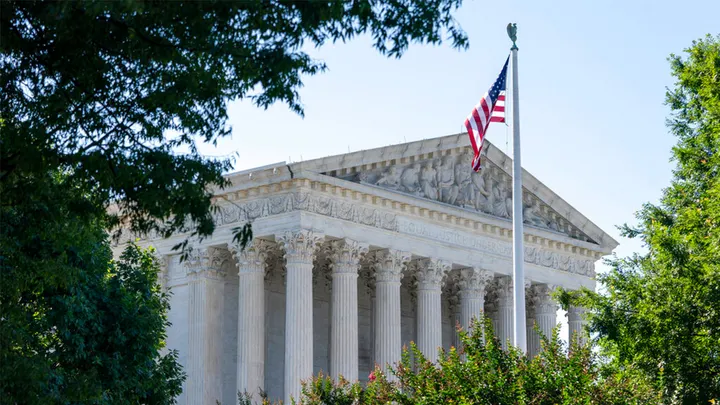
The recent Supreme Court ruling in U.S. v Texas, upholding the Biden administration’s immigration policies, has sparked extensive discussions about its potential impact. Here are key points to consider:
Legal standing: The court’s decision hinged on the issue of standing, determining that Republican-led states lacked the legal basis to challenge the narrowing of ICE priorities.
Biden’s immigration approach: The ruling supports the Biden administration’s aim to streamline enforcement efforts and focus on specific groups, such as recent border crossers and threats to public safety.
Efficiency vs. rollback: Proponents argue that the guidelines allow for a more targeted use of limited resources, while critics view them as a rollback of immigration enforcement and a threat to border security.
Future challenges: The Supreme Court is likely to face additional immigration-related cases, including challenges to the Title 42 public health order and the “Parole with Conditions” policy.
Political polarization: The ruling further deepens the political divide on immigration, with Democrats supporting the decision as a step towards a more compassionate approach, while Republicans express concerns about its implications for national security.
In conclusion, the Supreme Court’s ruling in U.S. v Texas has provided legal validation for the Biden administration’s immigration policies. While supporters see it as a necessary step towards targeted enforcement, opponents argue that it weakens border security and undermines the rule of law.
As the immigration debate continues, it is essential to closely monitor the consequences of these policies on national security, law enforcement costs, and social services. The ruling sets the stage for future legal battles and further political polarization on the issue of immigration in the United States.
Source Fox News
